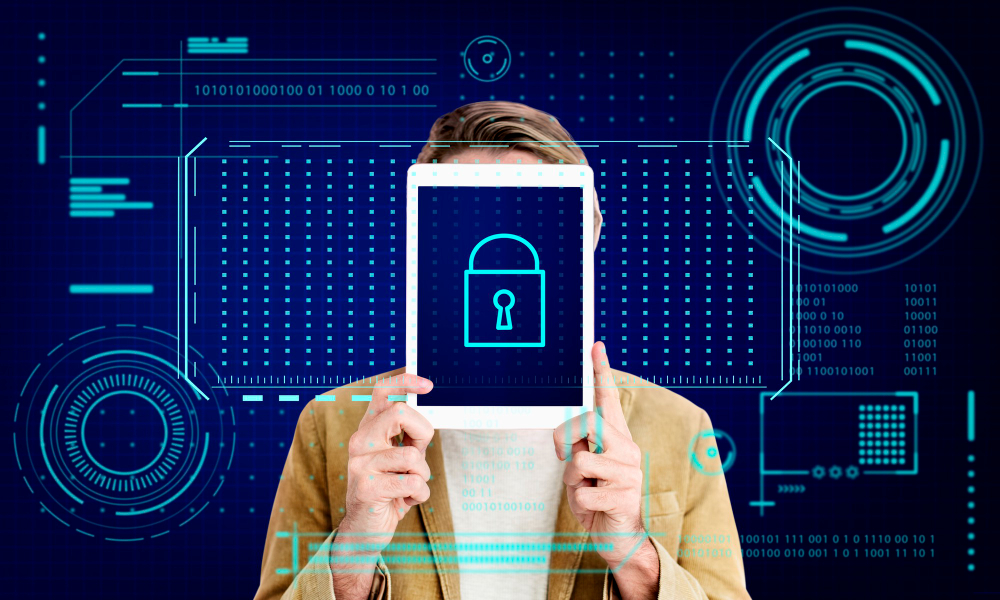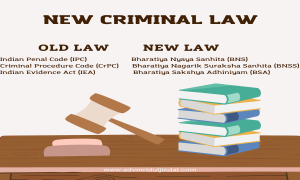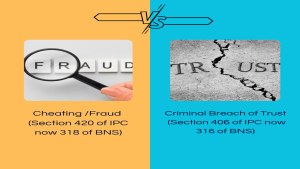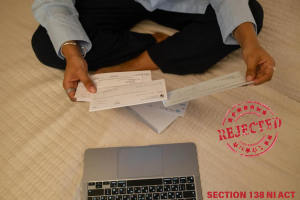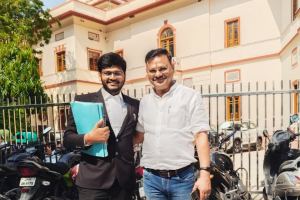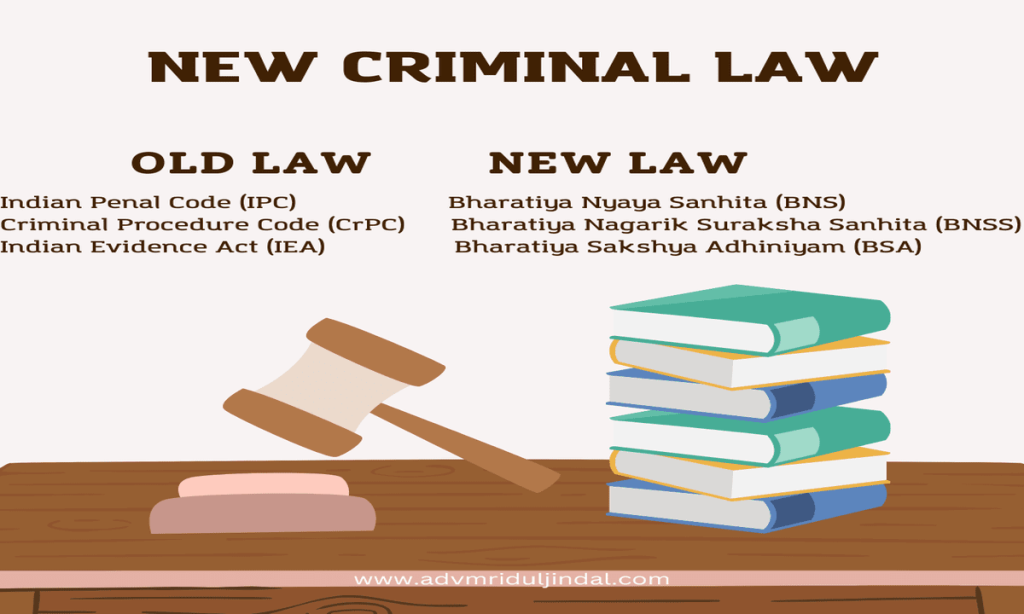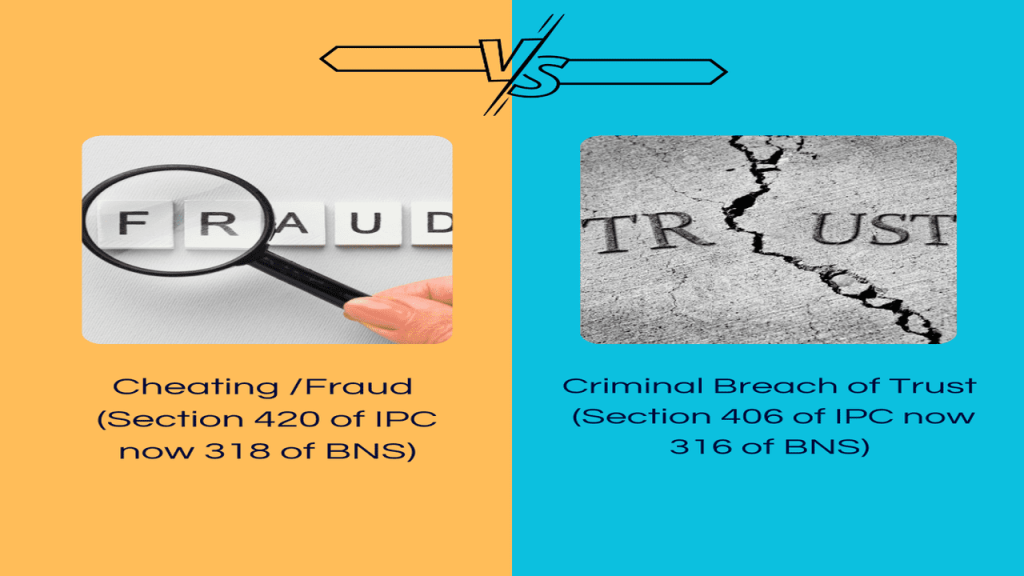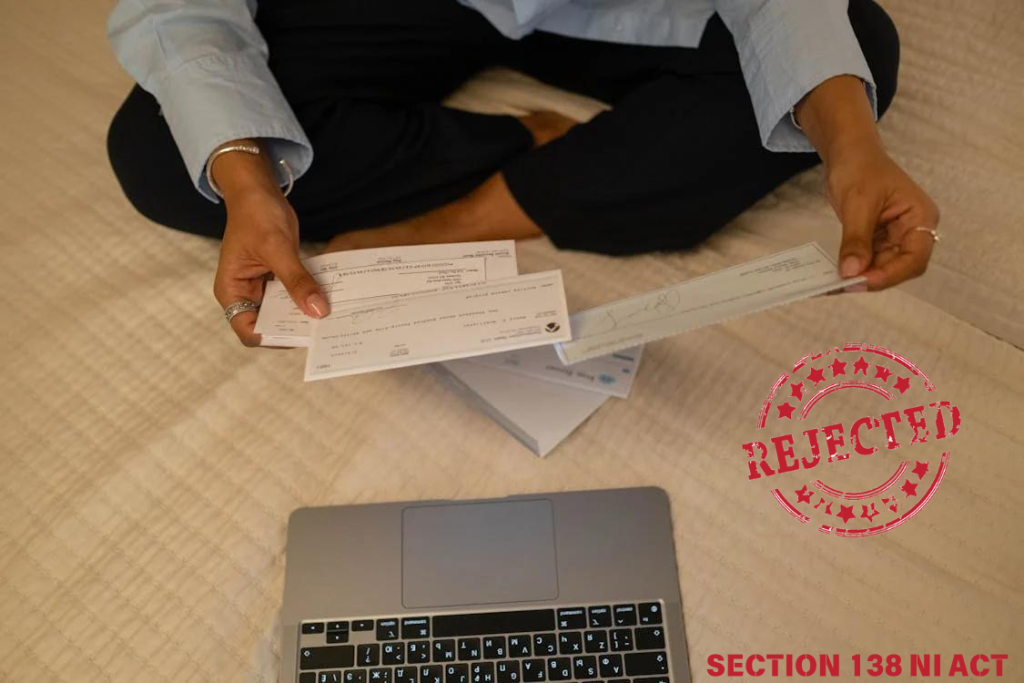Abstract
After the judgment of Justice KS Puttaswamy (Retd.) and Anr. Vs. Union of India and Ors Right to Privacy has become a Fundamental Right under Article 21 of the Constitution. Therefore in the light of above judgement, through this research I am aiming to look into the issues of whether a police officer during investigation of a case can ask for the password or biometric of the computer and mobile to access data especially in the context when privacy has become a fundamental right? whether such kind of evidence is admissible in court or not?For the purpose of this research paper I would be referring to various provisions of IT Act, Evidence Act, CrPC and Justice KS Puttaswamy (Retd.) and Anr. Vs. Union of India and Ors case.
Introduction
Today we are living in the age of digital world wherein almost all the work is done using computer and mobile phones. These devices have become so important that no business, institution or organization can function properly without it. Due to the development in technology today all our important data or documents can be found in our smart phones which raises an important question about a conflict between one individual privacy and power of state to conduct search and seizure. The US Supreme Court in case of Riley v. California observed that “A decade ago police officers searching an arrestee might have occasionally stumbled across a highly personal item such as a diary. But those discoveries were likely to be few and far between. Today, by contrast, it is no exaggeration to say that many of the more than 9o% of American adults who own a cell phone keep on their person a digital record of nearly every aspect of their lives.” [1] which shows courts concerns about privacy of an individual. As state has very wide powers to conduct search and seizure, an individual is required to surrender his/her privacy in name of public interest, which is acceptable, however the question which in context of digital devices need to be answered is that in what manner that power should be used and whether general interest of public should override right to privacy especially when right to privacy has been recognized as a Fundamental Right under the constitution of our country?
There are numerous provisions under Information Technology Act, 2000, Criminal Procedure Code 1974 and various other Acts and rules which gives wide powers to the state to compel assistance “from any person, subscriber or intermediary in decrypting information.” Further it also allows search for any document or thing which state deems necessary for the purpose of investigation of case. Under Chapter VII of CrPC “ Process to compel the production of things” which is divided broadly into two sections “summon to produce” and “search warrant”, “any court or officer can compel a person to produce any document or things which is necessary or desirable for the purpose of investigation, inquiry, trial or any other proceeding” [2] with only exception being “letter, postcard, telegram or any parcel or thing in the custody of postal or telegraph authority” [3] gives enormous power to the police officer in charge of police station. Section 165 expands the power of police wherein the officer in charge can conduct a search of a thing or a place without any warrant with a condition that he should record his reasons for such action in writing. Furthermore Section 100 of CrPC provides search of closed places, Section 102 of CrPC gives power to police to seize certain property and under Section 174 of Indian Penal Code, 1860 if any person doesn’t obey the order of the public servant then he shall be punishable for a simple imprisonment or fine. While in each of these Section there are procedural safeguards, however power given under them are so broad that the police without any warrant can conduct search and seizure of any place, document or a thing which leads to arbitrariness. There is no provision which protect a person where police with malafide intention use its power illegally to harass a person or to protect sensitive information or thing. Similarly, Kumar in his article name Law Enforcement Access to Data in India: Considering the Past, Present, and Future of Section 91 of the Code of Criminal Procedure, cited that “law enforcement regularly makes use of this broad authority, even continuing to order the production of data under the CrPC despite stricter provisions in other specialised statutes like the IT Act and Telegraph Act.” [4] He further stated that “at the time when such provision were drafted, privacy was not a key consideration at that time because there was not much development in technology”. [5] In case of Kalinga Tubes Ltd. V. D. Suri it was held that “ search being a coercive method and involving sanctity and privacy of a citizen should the power should be exercised with all care and circumstances.” It’s important that power under chapter VII of CrPC should be used in limitedly scope and privacy of a person be given due regard. With the development in technology and increase in amount of information privacy has become a concern for a society. Hence at this stage it’s important to understand what and why of privacy and how it evolved in India.
In India the concept of privacy was in existence from the age of Mahabharat wherein privacy can be noted in the literature. Among Pandu brothers there was the rule that when anyone of them is spending time with Draupadi then others will not interfere or enter their room. Privacy isn’t a new concept it was in exitance since long time however it wasn’t given due recognition. According to the definition given under the Blacks Law Dictionary privacy has been defined as “(i) the right to be let alone, (ii) the right of a person to be free from unwarranted publicity, and (iii) the right to live without unwarranted interference by the public in matters with which the public is not necessarily concerned.” [6] In words of Alan Westin “privacy is the claim of individuals, groups, or institutions to determine for themselves when, how, and to what extent information about them is communicated to others.” [7] He explained it through an example a.) wherein a stranger sits with you, b.) peeping toms. Alan said that “in each of the example the major concern is not acquiring of more information nor that more attention has been drawn to one’s privacy, but it is more concerned with diminution of spatial aloneness.”[8] India is a signatory to the Universal Declaration on Human Rights and the International Convention on Civil and Political Rights which recognise privacy as a fundamental right.[9] Since long time issue of privacy and public interest has always been in debate wherein the privacy was given less consideration. It was only after the KS Puttaswamy case judgment that it was considered as an integral part of Part III fundamental right under Article 14, 19 and 21 of the Constitution.
The court in this case said that under Article 21 of Constitution privacy forms as an integral part which shouldn’t be denied except albeit a “procedure established by law”. The court further reiterated that the procedure must be “just, fair and reasonable”.[10] The nine-judge bench said that such right is not absolute and laid down certain test which every law should pass. Justice Chandrachud notes that any invasion of life and personal liberty must meet three requirements of “a.) legality i.e., there should be a law b.) legitimate aim which include goals like national security and c.) proportionality which should balance the legitimate aim and the fundamental right of a citizen.”[11] In my opinion if one apply above test than certainly the wide power given to an officer would fails to pass the test because electronic devices contains lot of information about an individual. Further asking a password not only infringes right to privacy but at the same time it is against the right against self-incrimination which is given under Article 20(3) of the Constitution because it is something which falls under the ambit of personal knowledge and a person cannot be compelled to testify against himself. In the case of Nandini Satpathy V/s PL Dani the Supreme Court accepted that “there is a rivalry between societal interest in crime detection and the constitutional rights of an accused person. The Supreme Court affirmed that the accused has a right to silence during interrogation if the answer exposes her/him into admitting guilt in either the case under investigation or in any other offence.” [12] Further under the new draft bill of Personal Data Protection Bill, 2019 an explicit consent that is “clear, informed and specific” is required under Section 11(3) for the processing of a sensitive personal data [13] which include biometrics. [14]Therefore, in my opinion such a power to search and seize an electronic device without warrant should only be allowed in extreme cases such as murder and guidelines should be made so that power to search and seize isn’t misused where it is unwarranted. Now at this stage it is important to look at various court judgments so that correct conclusion can be reached.
There are many occasions wherein court delts with the issue of privacy and admissibility of an illegally obtained evidence. One of the earliest cases in this regard was Pooran Mal v. Director of Inspection case wherein the court said that “test of admissibility of evidence lies in its relevancy, unless there is an express or necessarily implied prohibition in the Constitution or other law evidence obtained as a result of illegal search or seizure is not liable to be shut out.” [15] A similar observation was also made in recent case of Deepti Kapur v. Kunal Julka wherein court opined that “ evidence that is collected in breach of privacy, at best and at worst, it is the process of collection of evidence that would be tainted not the evidence itself.” [16] However, at the same time the court admitted that “Merely because rules of evidence favour a liberal approach for admitting evidence in court in aid of dispensation of justice, this should not be taken as approval for everyone to adopt any illegal means to collect evidence, especially in relationships of confidence such as marriage. If the right to adduce evidence collected by surreptitious means in a marital or family relationship is available without any qualification or consequences, it could potentially create havoc in people’s personal and family lives and thereby in the society at large.” [17] The court further noted that “if in its opinion the nature of the evidence sought to be adduced is inappropriate, embarrassing or otherwise sensitive in nature for any of the litigating parties, or for that matter for some other person not directly connected with the litigation, the court may restrict the parties who are present in court at the time of considering such evidence ; or may anonymise or redact the evidence.” [18] The court in this case even goes on to say that any party aggrieved by the production such evidence would be at the liberty to initiate a legal proceedings. It is relevant to note that at the time in year 1974 when Pooran Mal case judgment was passed privacy was not a fundamental right and secondly a huge transformation has taken place in the way we live and use electronic devices today. The law which were once used to be reasonable are now inadequate in guaranteeing right to privacy as given under Article 21 of the Constitution.
Prior to KS Puttaswamy there are many judgments which affirmed in favour right to privacy. One of the notable judgments is Madras High Court Judgment where the court upheld that “under Section 91 of the CrPC a person cannot be compelled to produce its call records and SMS as it is not necessary and calling for details of call record and SMS details would invade into the privacy of an individual guaranteed under Article 21 of the Constitution.” [19] A similar observation was made in the case of P. Karpagam v. N. Mahendran wherein court said that “call details of a person cannot be summoned as it would invade into the privacy of a person.” [20] In District Registrar and Collector v. Canara Bank, Section 73 of the Andhra Pradesh Stamps Act which allowed ‘any person’ to enter into ‘any premises’ for the purpose of conducting a search was challenged and the court in that case held that “provision for search and seizure which confers wide and discretionary power in hands of executive without any judicial order must be subject to the doctrine of proportionality and if found violative then it should be struck down.” [21] In Bihar Public Service Commission v. Saiyed Hussain Abbas Rizwi the Supreme Court in that case held that “ the public interest has to be understood by keeping in mind the balance between the right to privacy and right to information. This must be done keeping in mind the purpose sought to be achieved and the purpose that would be served in the larger public interest, particularly as both these rights emerge from the values under the Constitution.” [22] Further in the case of State of Punjab vs. Baldev Singh it was held that “while considering the case, aspects of fair trial, the nature of evidence obtained, and nature of safeguard violated are the relevant factors. If the evidence is collected illegally which would make the trial unfair then under that circumstances the evidence must be excluded, and the court shouldn’t allow the admission of that evidence against the accused.” In a very recent case of Rakesh Shetty v. State of Karnataka and others court opined that “The Facebook and YouTube accounts are important aspects of the Petitioner’s business to carry out his day-to-day business, the Respondent-police cannot on the ground of investigation block the same as it come in the way of Petitioner carrying out his day-to-day business.” [23] The court further said that “the downloading of the relevant information should be done in the presence of the petitioner after conducting a proper Mahazar (Panchnama) with the help of the qualified technical person.” [24] Clearly from the above cases one can say that privacy constitute an important part of an individual right to life and liberty which should be respected and not be violated in name of wide power given under Section 91 and 165 of CrPC.
Furthermore, if we look at US law on privacy; right to privacy has been given due regard. The US Supreme Court in case of United States v Chan held that “the cell phones and laptop computers are objects in which the user may have a reasonable expectation of privacy. Therefore, police cannot search and hence comes under the protection of the fourth amendment.” In an article published by Forbes states that a California judge has held that “the technology is “outpacing the law” and an accused cannot be compelled to give access of his/her smartphone by unlocking the phone because i.e., against the Fifth Amendment of the US Constitution.” [25] Justice Westmore in her judgment suggested that “such communication could be asked through Facebook so that individual privacy could be protected.”
With the new emerging technology an access to electronic device can have a very bad repercussion on an individual privacy. It is relevant to note that all the decisions above were issued prior to KS Puttaswamy case which affirmed the constitutional status of right to privacy under Article 21 of the Constitution. Further with evolving jurisprudence on right to privacy and India being a signatory to international convention which protect an individual right to privacy it can be concluded police shouldn’t be allowed to search and seize a mobile of an individual. Neither the police should be allowed to compel a person to reveal his password as it infringes both right against self-incrimination and privacy of an individual. For these reasons the power under Section 91 and 165 of CrPC which give wide power to police should be restricted, especially when electronic devices is in issue and power provided under Chapter VII of CrPC should be revised again.
As Lord Krishna said that “change is the law of nature”. In my opinion in absence of any specific provision for search and seizure of electronic devise under CrPC, state should change or amend law on it. According to me power to search and seize without warrant especially of electronic items shouldn’t be used in casual manner and it should only be exercised by an officer of high rank only in extreme circumstances wherein the information act as very crucial evidence in a way that a decision cannot be taken without it and that information cannot be acquired at laterstage if it is deleted or destroyed. In case where the information can be acquired from other sources such as Facebook or other intermediaries, then the power under Section 91 shouldn’t be exercised to search an electronic device. The government should issue clear and specific guidelines and rules [26] so that power to search and seize is not used arbitrarily and a balance between right to privacy and public interest could be achieved. In words of author Talukdar “A prospective detailed schemes should maintain a careful and sensitive balance between individual interests and legitimate concerns of the State.” [27] Further “if an officer in charge use its power to search and seize arbitrarily or use it with malafide intention to harass a person”, a law should be made in that regard so that individual privacy and rights can be protected. In an article written by Advocate Amrit Grewal suggested that “the police should satisfy four conditions that is a.) the direction to compel the disclosure must have a clear legal basis; b.) the infringement must be necessary i.e., there should be no less restrictive alternatives available; c.) the infringement must be proportionate i.e., it should not cause disproportionate harm to the rights holder; and d.) the infringement should have a legitimate aim. If these four conditions are not satisfied, then the access to electronic device is illegal.” [28] In this way, if these suggestions are taken into consideration which is oriented towards digital age, then right to privacy and state power to search and seizure could be balanced.
References
1 2014 SCC OnLine US SC 71
2 Section 91 of CrPC
3 Section 91 (3) (b) of CrPC
4 Tarun Krishnakumar, Law Enforcement Access to Data in India: Considering the Past, Present, and Future of Section 91 of the Code of Criminal Procedure, 1973, 15 Indian J. L. & Tech. 67 (2019)
5 Ibid
6 Black’s Law Dictionary 1358 (thr. ed., 1988)
7 Alan Westin, Privacy and Freedom, 25 Washington And Lee Law Review 166 (1968)
8 Ibid
9 Universal Declaration on Human Rights, G.A. Res. 217A, U.N. Doc. A/810 (December 12, 1948) Article 12; International Covenant on Civil and Political Rights, December 16, 1966, UN Doc. A/6316 (1966), Article 17.
10 Writ Petition (Civil) No 494 of 2012
11 Ibid
12 1978 AIR 1025
13 Nitishi Desai Associates, Privacy & Data: India’s Ticket to Global Technological Supremacy, November 2018
14 Section 3 (36) (vi) Personal Data Protection Bill, 2018
15 (1974) 1 S.C.C. 345
16 CM Appl.No.1226/2019
17 Ibid, Para 37
18 Supra Note 15, Para 36
19 K Suresh Kumar v C Sandhu Mani Cr OP No. 20741 of 2015 and MP No. 1 of 201 decided on 18 August 2015 (Mad)
20 Cr OP No. 12961 of 2016 and Cr MP No. 6702 of 2016, decided on 29 June 2016 (Mad)
21 AIR 2005 SC 186
22 (2013) 1 MLJ 747
23 W.P.No.11169 of 2020
24 Ibid
25 Thomas Brewster, ‘Feds can’t force you to unlock your I-phone with finger or face, Judge rules’ (Forbes, 14 January 2019)
https://www.forbes.com/sites/thomasbrewster/2019/01/14/feds-cant-force-you-to-unlock[1]your-iphone-with-finger-or-face-judge-rules/#2bb8647142b
26 Supra Note 4
27 Sougata Talukdar, Privacy and Its Protection in Informative Technological Compass in India, 12 NUJS L. REV. 287 (2019)
28 Advocate Amrit Grewal, “Law enforcement access to personal electronic devices” Internet freedom, 3rd August 2020; https://internetfreedom.in/search-seizure-personal-electronic[1]device

